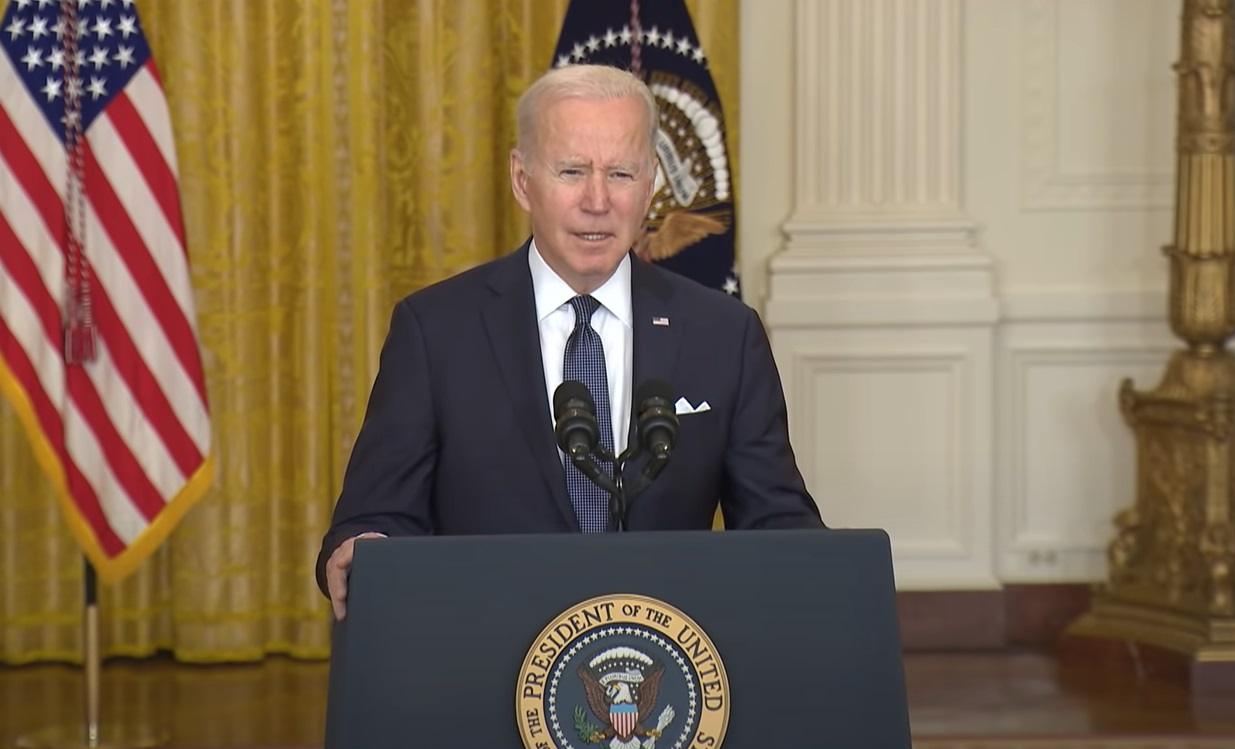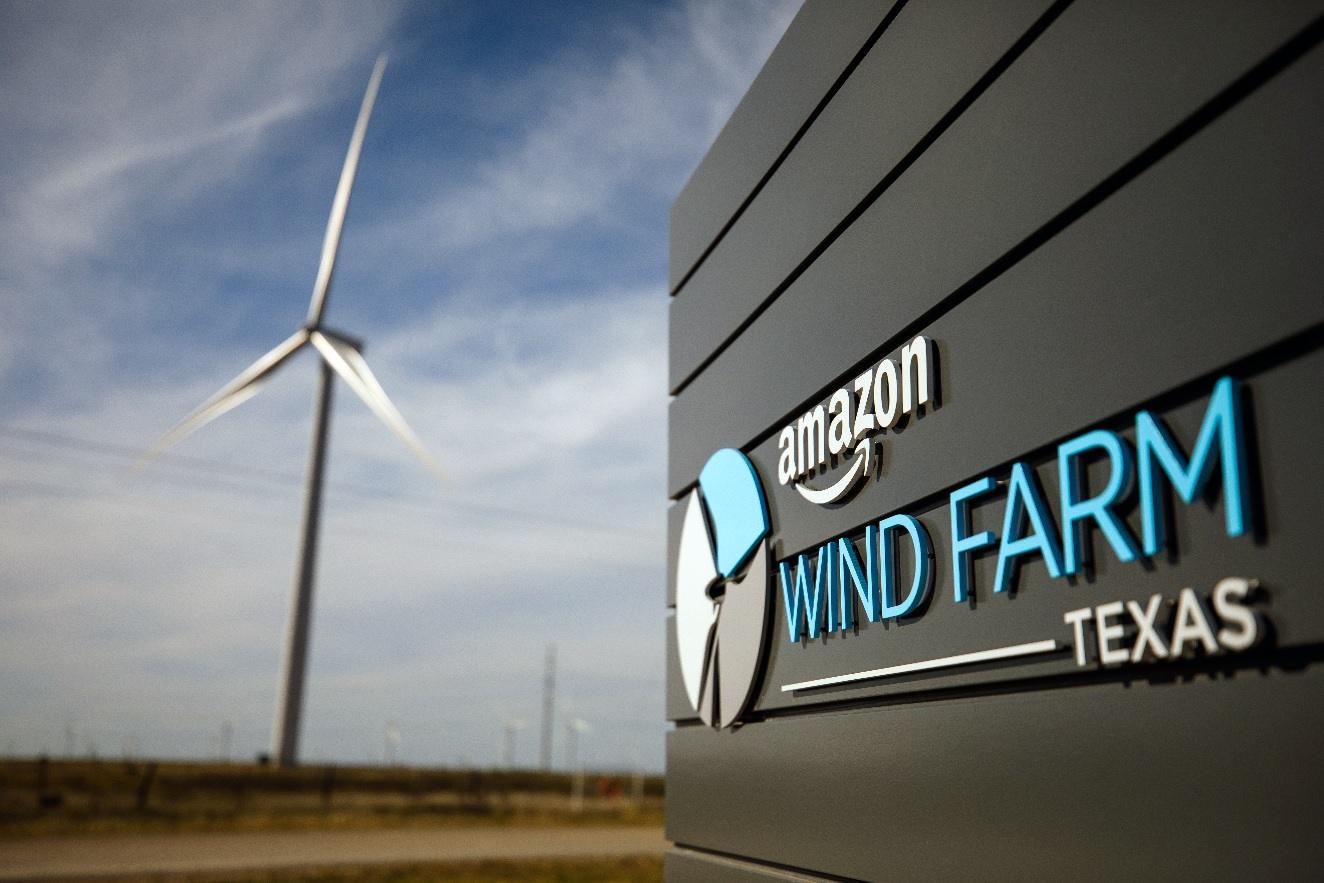Biden Allocates Over $9 Billion to Develop Clean Hydrogen Capacity in US
The Biden administration announced a series of actions on Tuesday aimed at advancing climate action in the industrial sector and helping foster clean manufacturing, helping manufacturers use clean energy, efficiency upgrades, and other innovative technologies to reduce emissions. Among the actions announced was the launch of $9.5 billion of investments targeting clean hydrogen initiatives.
Hydrogen is viewed as one of the key building blocks of the transition to a cleaner energy future, particularly for sectors with difficult to abate emissions, in which renewable energy solutions such as wind or solar are less practical.
Despite being the most abundant element in the universe, however, there are no pure hydrogen deposits on Earth and it must be extracted from other materials. Around 90 million metric tons of hydrogen are produced annually, with roughly 10 million tons of produced in the U.S., primarily extracted through natural gas through steam methane reforming. The extraction process often creates pollutants and GHG emissions. Significant investments are required to develop clean extraction processes, such as green hydrogen, which uses a renewable energy-powered electrolysis process to extract hydrogen from water.
The new funding is being made available under the Bipartisan Infrastructure Law, and includes $8 billion for the development of clean hydrogen hubs targeting the transport and industrial sectors, $1 billion for clean hydrogen electrolysis R&D, and $500 million for hydrogen manufacturing and recycling.
U.S. Secretary of Energy Jennifer M. Granholm, said:
“Clean hydrogen is key to cleaning up American manufacturing and slashing emissions from carbon-intensive materials like steel and cement while creating good-paying jobs for American workers. We’re seeking feedback from the American public on how to make scaling up this clean, affordable energy source a reality for the United States.”
The administration also announced the launch of its Buy Clean Task Force, aimed at promoting clean procurement, targeting the use of construction materials with lower embodied emissions and pollutants across their lifecycle. The task force will develop recommendations to identify materials to prioritize under the program in federal procurement, increase transparency of embodied emissions through supplier reporting along with incentives to help manufacturers report and reduce embodied emissions, and launch pilot programs to boost federal procurement of clean construction materials. With annual purchasing power of $650 billion, the US federal government is the largest purchaser in the world.





